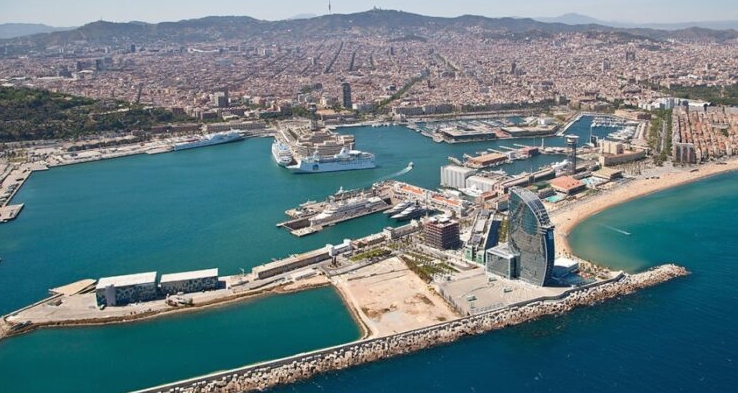
The new terminal will feature a fully automated multilevel parking system designed to streamline vehicle storage and retrieval. It will also incorporate renewable energy sources to support sustainable operations. With an annual throughput capacity of approximately 180,000 vehicles, the facility is equipped to meet the growing demand for efficient logistics in the region. “NYK aims to position the port of Barcelona as an international hub for finished-vehicle logistics, catering for current and future demands in the Western Mediterranean and North African regions,” the company stated.
NYK’s experience in vehicle logistics is well-established, as it already operates a significant car terminal in Zeebrugge, Belgium. The Barcelona terminal will build on this expertise, offering advanced infrastructure to support the automotive industry’s needs. The facility is expected to handle vehicles imported to and exported from Europe, facilitating trade and distribution for manufacturers and dealers.
The Port of Barcelona, a key hub for maritime trade, will benefit from this development as it strengthens its role in global vehicle logistics. The terminal’s strategic location provides access to major shipping routes, making it an ideal distribution point for vehicles destined for Southern Europe and North Africa. By integrating modern technology and eco-friendly practices, the facility aligns with industry trends toward automation and sustainability.
Construction and preparatory work for the terminal are slated to progress over the next two years, with operations commencing in 2027. The 27-year concession underscores NYK’s long-term commitment to the region, ensuring reliable logistics services for automotive clients. The project is anticipated to create jobs and boost economic activity in Barcelona, supporting the port’s growth as a vital trade gateway.
As of May 2025, NYK’s initiative reflects the increasing importance of specialized logistics infrastructure to accommodate the global automotive market. The Barcelona terminal will play a pivotal role in enhancing vehicle trade efficiency, contributing to the port’s reputation as a leading logistics center.